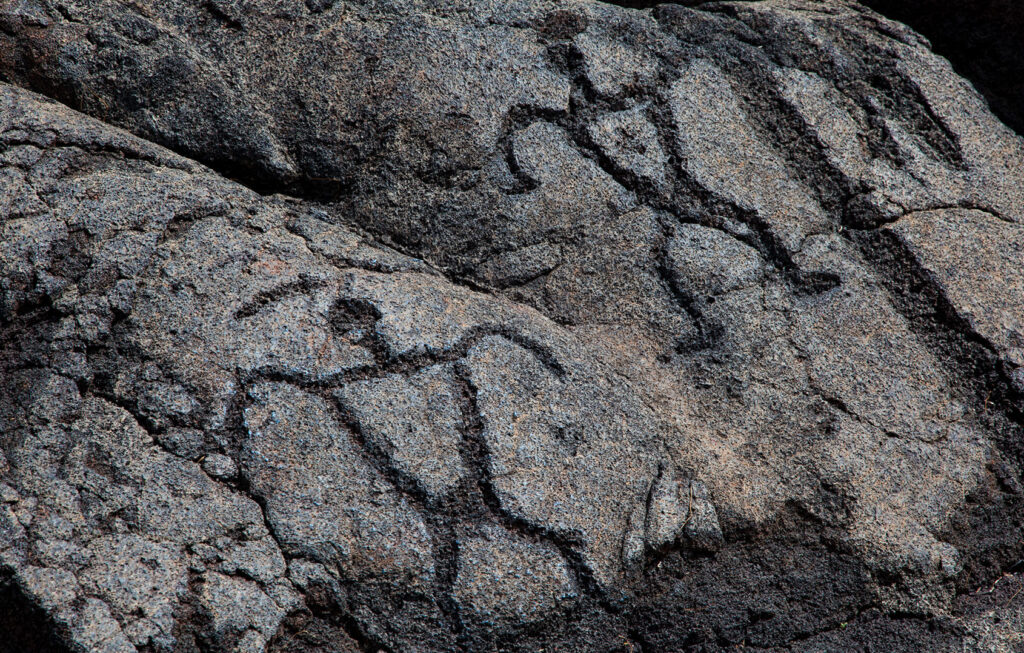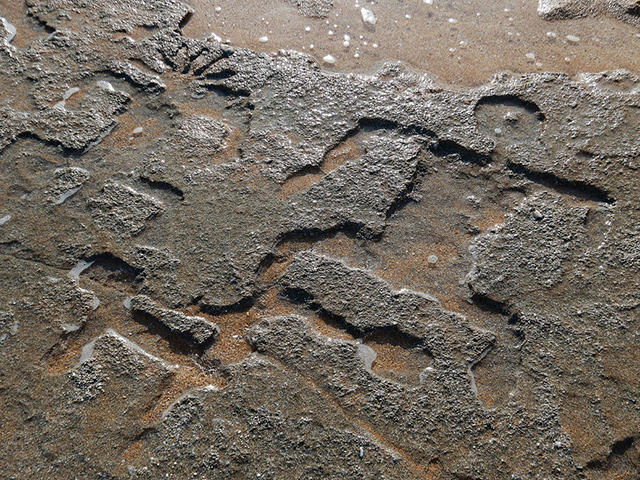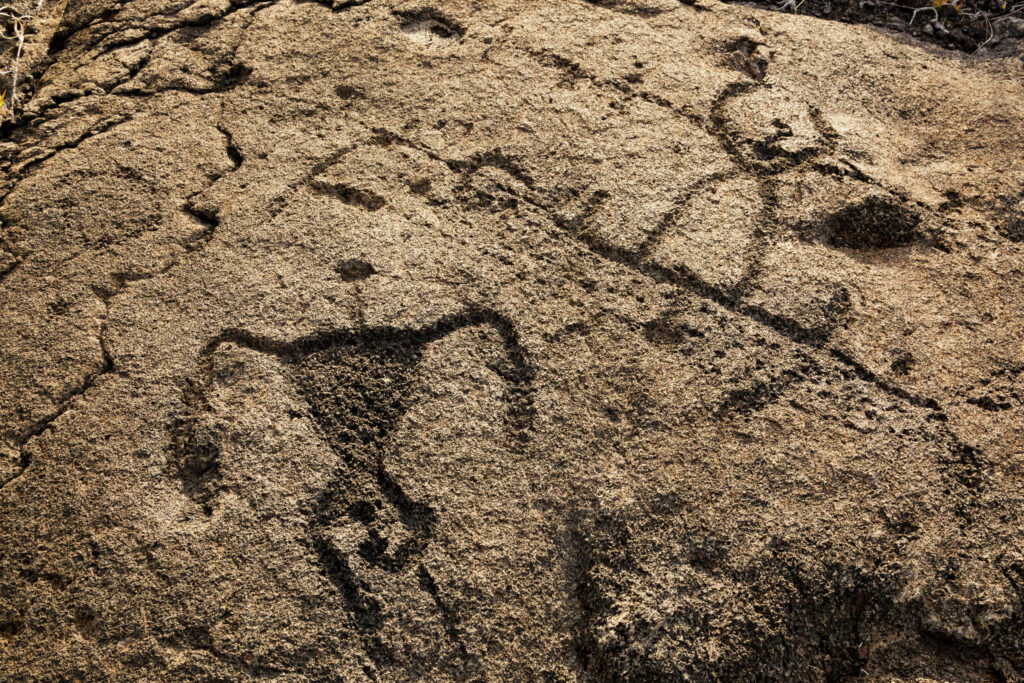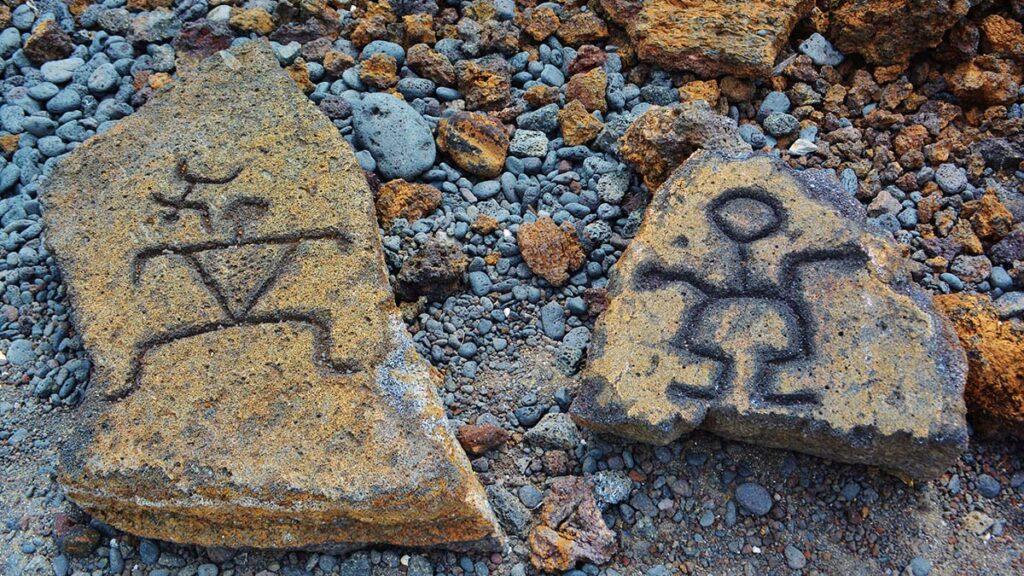Have you ever wondered about the local significance of the ancient Hawaiian petroglyphs? These intricate carvings etched into rocks hold a rich cultural history and serve as a window into the past. From symbols representing deities and mythical creatures to records of daily life and events, these petroglyphs offer a glimpse into the beliefs, traditions, and stories of the Hawaiian people. Join us on a journey to uncover the hidden meanings and deep-rooted connections that make these petroglyphs such a cherished part of Hawaii’s cultural heritage.
The Origin of Petroglyphs
Pre-European Contact
The ancient Hawaiian petroglyphs hold immense cultural and historical significance for the local community. These enigmatic rock carvings can be traced back to a time long before the arrival of European settlers in Hawaii. The exact origins of petroglyph creation in Hawaii are not known, but it is believed that the practice began as early as 900 AD and continued until the 19th century.
Traditions and Beliefs
Petroglyphs were an integral part of the native Hawaiian culture, used as a form of communication and artistic expression. These rock carvings served as a visual representation of the ancestral wisdom, traditions, and beliefs passed down through generations. They were closely linked to the Hawaiian spiritual practices and were considered sacred by the native people. The petroglyphs were believed to be a portal connecting the people to their gods and ancestors, serving as a channel for divine guidance and protection.
The Process of Petroglyph Creation
Tools Used
The creation of petroglyphs required great skill and precision. The ancient Hawaiians utilized a variety of tools to etch their designs onto the rocks. The most commonly used tools were made from hard volcanic stones, such as basalt and coral, which allowed for intricate carvings. These tools, known as pōhaku kuʻi ai, were meticulously shaped and sharpened to ensure the desired level of detail in the petroglyphs.
Techniques Employed
The technique used in petroglyph creation involved striking the rock surface with the tools to remove the outer layer and expose the lighter-colored interior. The artists used a combination of deep and shallow carvings to create intricate patterns and figures. The process required patience and precision, as any mistakes made during the carving could not be rectified. The artists often used natural lighting and shadows to enhance the depth and dimensionality of their designs.

Explore Uncharted Hawaiian Destinations
The Meaning Behind Petroglyphs
Depiction of Gods and Deities
Many of the petroglyphs found in Hawaii depict gods and deities revered by the ancient Hawaiians. These figures often represent various aspects of nature and were believed to possess divine powers. The carvings served as a means of communication with these gods, honoring them and seeking their protection and blessings. Each deity had specific attributes and is associated with certain symbols, allowing for a deeper understanding of the Hawaiian spiritual beliefs.
Representation of Everyday Life
In addition to depicting gods and deities, petroglyphs also provided a glimpse into the daily life of the ancient Hawaiians. Images of plants, animals, and human figures portrayed activities such as fishing, farming, and cultural practices. These carvings not only celebrated the beauty of the natural world but also conveyed important cultural knowledge and traditions. They served as a visual record of daily life, preserving the knowledge and customs of the past for future generations.
Preservation and Restoration Efforts
Challenges in Preservation
Preserving the ancient petroglyphs is not without its challenges. Over time, natural erosion and human activities have caused damage to these delicate rock carvings. Environmental factors such as rain, wind, and sunlight can gradually wear down the rock surfaces, resulting in the fading and erosion of the petroglyphs. Additionally, vandalism and unauthorized handling of the carvings have contributed to their deterioration. Balancing the need for public access to these cultural treasures with the imperative of preservation poses an ongoing challenge.
Collaborative Conservation Projects
Fortunately, efforts have been made to protect and restore the petroglyphs, involving collaboration between various stakeholders. Government agencies, local communities, and cultural organizations have come together to develop comprehensive conservation plans. These initiatives include implementing protective measures such as sheltering the carvings from the elements, creating education programs to raise awareness about their importance, and engaging in ongoing monitoring and maintenance to ensure their long-term preservation.

Plan Your Dream Hawaiian Getaway
Community and Cultural Identity
Connection to Ancestral Roots
The petroglyphs play a crucial role in connecting the local community to their ancestral roots. These ancient symbols are a tangible link to the past, providing a sense of continuity between the present and the traditions of their forefathers. The petroglyphs serve as a reminder of the rich cultural heritage of the Hawaiian people, fostering a deep sense of belonging and pride within the community. They act as a visual representation of the shared history and values that have shaped the identity of the Hawaiian people.
Teaching and Preserving Traditional Knowledge
The petroglyphs also serve as a valuable tool for teaching and preserving traditional knowledge. They provide a unique opportunity to engage both young and old in learning about the history, culture, and spiritual beliefs of the ancient Hawaiians. Educational programs and guided tours offer insights into the significance of the petroglyphs and their role in Hawaiian society. By sharing this knowledge, the community ensures the preservation of their cultural heritage and fosters a greater appreciation for the past.
Tourism and Economic Impact
Promotion of Cultural Tourism
The petroglyphs have become a popular attraction for tourists visiting Hawaii, contributing to the growth of cultural tourism in the region. Visitors from all over the world are drawn to these ancient artifacts, eager to experience the rich history and traditions of the Hawaiian people. Tourism centered around the petroglyph sites provides opportunities for cultural exchange and education, allowing visitors to gain a deeper understanding of the local culture and fostering appreciation for the heritage of the Hawaiian people.
Supporting Local Artisans
The influx of tourists interested in the petroglyphs has also created economic opportunities for local artisans. Skilled craftsmen and women create replicas of the petroglyphs, handcrafted using traditional techniques. These replicas serve as souvenirs for visitors, providing them with a tangible piece of Hawaiian culture to take home. By supporting these local artisans, tourists contribute to the preservation of traditional craftsmanship and the continuation of cultural traditions.

Experience Hawaii’s Unique Attractions
Contemporary Interpretations and Adaptations
Incorporation in Modern Art
The petroglyphs have inspired contemporary artists to incorporate their motifs and designs in various art forms. Paintings, sculptures, and even tattoos often feature elements influenced by the petroglyphs. These modern interpretations not only pay homage to the ancient rock carvings but also serve as a means of keeping the cultural traditions alive in the present. The fusion of traditional petroglyph imagery with modern artistic techniques creates a bridge between the past and the present, further enriching the cultural landscape of Hawaii.
Symbolism in Popular Culture
The petroglyphs have found their way into popular culture, appearing in various forms of media such as movies, books, and music. They have become recognizable and iconic symbols, representing the mystique and beauty of Hawaii. These depictions in popular culture help to raise awareness and increase interest in the petroglyphs, further solidifying their significance in the collective imagination.
Educational and Research Opportunities
Studying Ancient Hawaiian History
The petroglyphs offer valuable opportunities for studying ancient Hawaiian history. Researchers, archaeologists, and anthropologists analyze the carvings to decipher the meanings and gain insights into the beliefs and practices of the ancient Hawaiians. The petroglyphs provide a tangible connection to the past, allowing for a deeper understanding of the cultural, social, and spiritual dynamics of this ancient civilization.
Interdisciplinary Approaches
The study of petroglyphs extends beyond traditional academic disciplines. It offers opportunities for interdisciplinary research, bringing together experts from fields such as archaeology, anthropology, art history, and geology. These collaborative efforts enable a comprehensive analysis of the petroglyphs, exploring their artistic, cultural, and historical significance from multiple perspectives. Such interdisciplinary approaches foster a greater appreciation of the complexity and richness of the ancient Hawaiian civilization.

Artistic and Spiritual Expression
Inspiring Contemporary Artists
The petroglyphs continue to inspire artists, both in Hawaii and beyond. The intricate designs, symbolism, and spiritual essence of the carvings serve as a wellspring of creativity for many artists. Painters, sculptors, and other creative individuals draw inspiration from the petroglyphs, infusing their work with elements of ancient Hawaiian art. This artistic expression allows for the continued exploration and reinterpretation of the petroglyphs, ensuring their enduring presence in the contemporary art scene.
Cultural Significance in Spiritual Practices
For some individuals, the petroglyphs hold spiritual significance beyond their artistic and historical value. Certain people incorporate the symbols and motifs of the petroglyphs into their spiritual practices, using them as a source of inspiration and connection to the divine. The carvings are regarded as powerful spiritual symbols, believed to hold energy and carry messages from the ancient world. By incorporating the petroglyphs into their spiritual lives, individuals find a deeper connection to their cultural roots and a sense of spiritual fulfillment.
Preserving Ancient Heritage
Importance of Petroglyph Conservation
Preserving the petroglyphs is of paramount importance to ensure the continued existence of this ancient heritage. The carvings serve as a tangible reminder of the history, traditions, and spirituality of the Hawaiian people. By conserving the petroglyphs, future generations can gain insights into the lives of their ancestors and maintain a strong sense of cultural identity. The petroglyphs are more than mere carvings on rocks; they are a testament to the resilience and enduring legacy of the Hawaiian people.
Passing Down Traditional Knowledge
The preservation of the petroglyphs also involves the passing down of traditional knowledge and skills to future generations. By engaging the local community in conservation efforts, traditional craftsmanship and expertise can be safeguarded and transmitted to younger members. The involvement of youth in preservation initiatives ensures the continuation of cultural practices and the preservation of ancient wisdom. Through active participation, the community actively contributes to the perpetuation of their cultural heritage.
